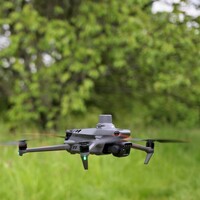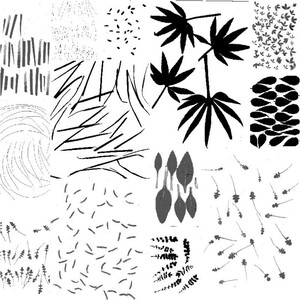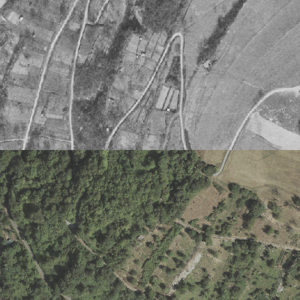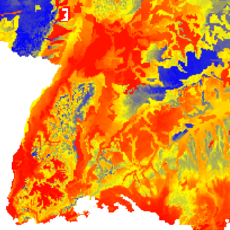Topics
Featured
Global effects of individual behaviour in the land sector (M.Sc.)
Human land use has had substantial impacts around the world, profoundly altering natural systems and processes. Feedbacks in the forms of climatic change and ecosystem collapse are likely to pose serious challenges for humanity in the future, and the land sector will need to adapt if it is to continue supplying essential goods and services. While these changes and their consequences are global in nature, underlying decisions about land management are made by individuals, communities and societies at far smaller scales. This project will involve a meta-analysis of existing evidence about the effects of these small-scale decisions, to uncover the behavioural factors that are important in shaping global-scale land use change. This will feed into improved modelling of the land system under future climate change and policy interventions. For further information contact Calum Brown (calum brown ∂does-not-exist.kit edu) or Mark Rounsevell (mark.rounsevell@kit.edu).
Feedbacks between land use and ecosystem service provision (M.Sc.)
Human land use provides a wide range of ecosystem services, but with many negative consequences and trade-offs. Given the need to feed a growing human population, it is essential to understand how well particular land uses provide particular services, and to what extent they prevent the provision of others. This project will examine the evidence for links and feedbacks between land uses and ecosystem services to allow better modelling and planning of land use change. Existing assessments will be reviewed alongside primary evidence of land use impacts on natural systems, and these will be used to improve model-based representations of land system development. For further information contact Calum Brown (calum brown ∂does-not-exist.kit edu).
Improving the representation of European land use change in agent-based models (M.Sc.)
Human land use has had substantial impacts around the world, profoundly altering natural systems and processes. Feedbacks in the forms of climatic change and ecosystem collapse are likely to pose serious challenges for humanity in the future, and the land sector will need to adapt if it is to continue supplying essential goods and services. Agent-based models allow us to explore how people’s responses to environmental change shape future land use, and are now being applied at European scale. This project will develop an existing agent-based model of European land use change (CRAFTY-EU) to improve its representation of land use processes and consequences. Primary data on land use types and impacts will be combined with reviewed information of land management decision-making to allow modelling with finer resolution than is currently possible, giving new insight into the future of the European land system. There is also an option of developing a version of CRAFTY for Germany. For further information contact Calum Brown (calum brown ∂does-not-exist.kit edu) or Mark Rounsevell (mark.rounsevell@kit.edu).
Modelling climate adaptation in patterns of production and consumption (M.Sc.)
Adaptation to climate change is necessary for the continued production of the goods and services that people require. However, such adaptation can be difficult and disruptive, and tends to occur slowly if at all. One reason for this is that adaptation decisions depend upon individual characteristics and social influences that take time to develop. Building on insights from adaptation psychology and a simple agent-based model of adaptive decision-making in production and consumption sectors (coded in NetLogo), this project will explore the ways in which generic adaptation can develop, spread, and ensure sustainable provision of goods and services under climate change. For further information contact Calum Brown (calum brown ∂does-not-exist.kit edu).
Evaluating the performance of past land use change scenarios (M.Sc.)
The scenario method is used extensively in environmental change assessments, including in the development of alternative projections of land use change. One of the earlier such studies (Ewert et al., 2005; Rounsevell et al., 2005; Rounsevell et al, 2006) used the year 2000 as a baseline and projected European land use change (EU15 at the time) for time slices to the end of the 21st Century. This means that we now have nearly 20 years of observed land use change time series against which to evaluate the performance of these early scenarios. An evaluation is useful in that it provides insights into how land use change models performed, but also to better understand how the drivers of land use change played out in practice. This study will evaluate the performance of these earlier land use change scenarios against the actual land use change since the year 2000, as well as exploring whether the assumptions about the trends in critical land use change drivers (economy, population, social preferences, technology, …) were correct. Contact: Prof. Mark Rounsevell (mark rounsevell ∂does-not-exist.kit edu)
References
Ewert, F., Rounsevell, M.D.A., Reginster, I., Metzger, M. and Leemans, R. (2005). Future scenarios of European agricultural land use. I: Estimating changes in crop productivity. Agriculture, Ecosystems and Environment, 107, 101-116
Rounsevell, M.D.A. Ewert, F. Reginster, I., Leemans, R. and Carter, T.R. (2005). Future scenarios of European agricultural land use. II: projecting changes in cropland and grassland. Agriculture, Ecosystems and Environment, 107, 117-135
Rounsevell, M.D.A, Reginster, I., Araújo, M.B., Carter, T.R., Dendoncker, N., Ewert, F., House, J.I., Kankaanpää, S., Leemans, R., Metzger, M.J., Schmit, C., Smith, P. and Tuck, G. (2006). A coherent set of future land use change scenarios for Europe. Agriculture, Ecosystems and Environment, 114, 57-


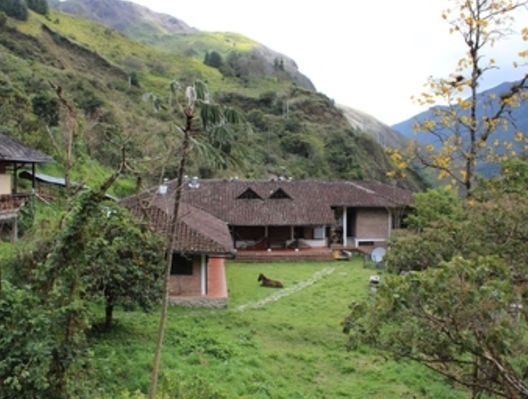
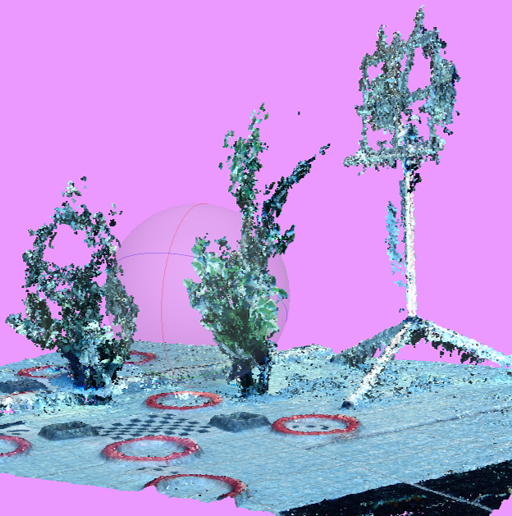
_klein_200x200.JPG)

